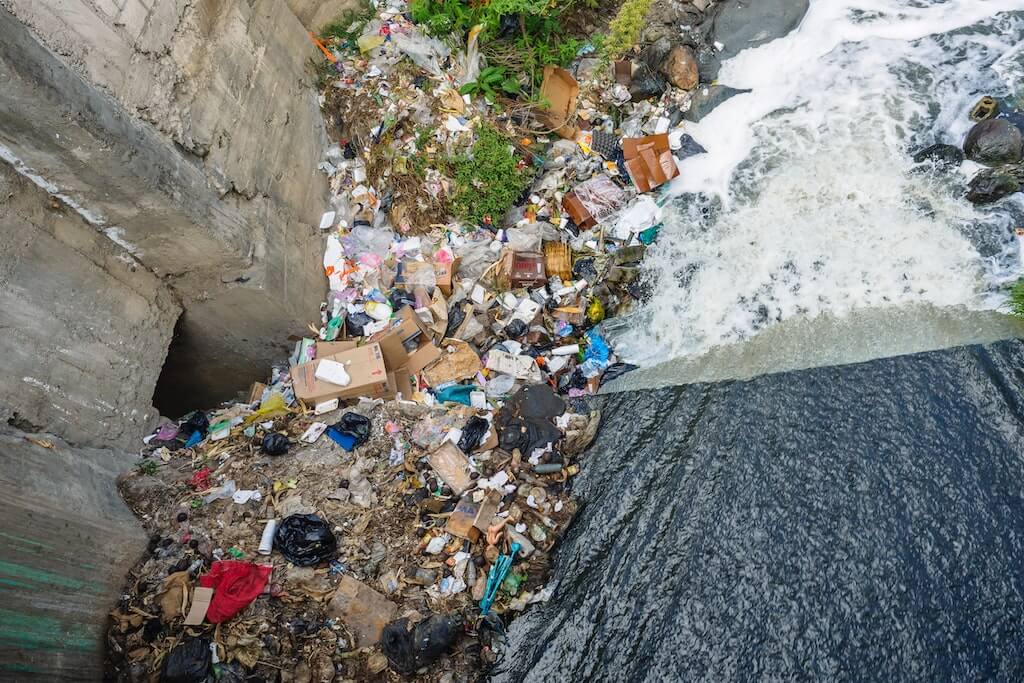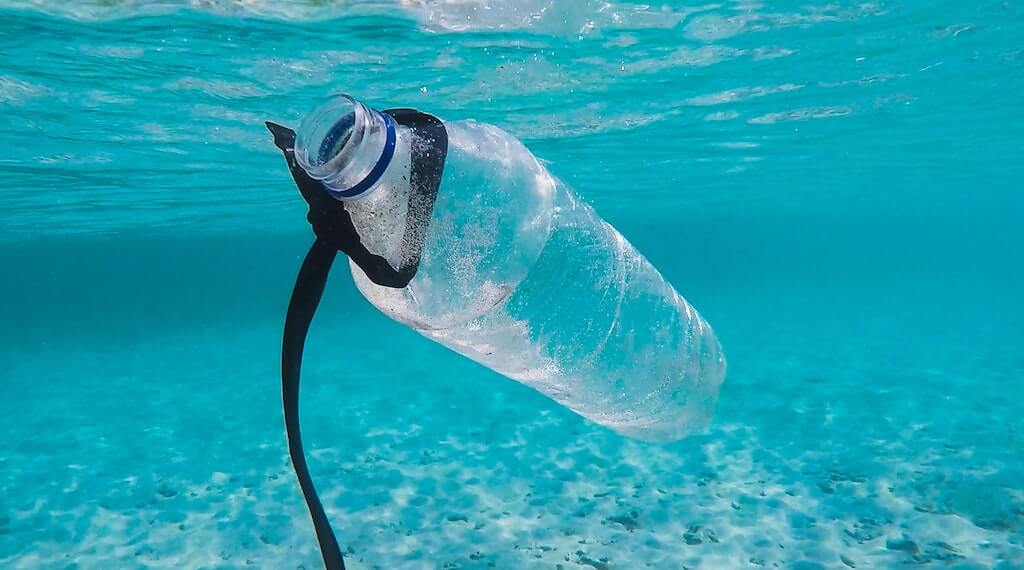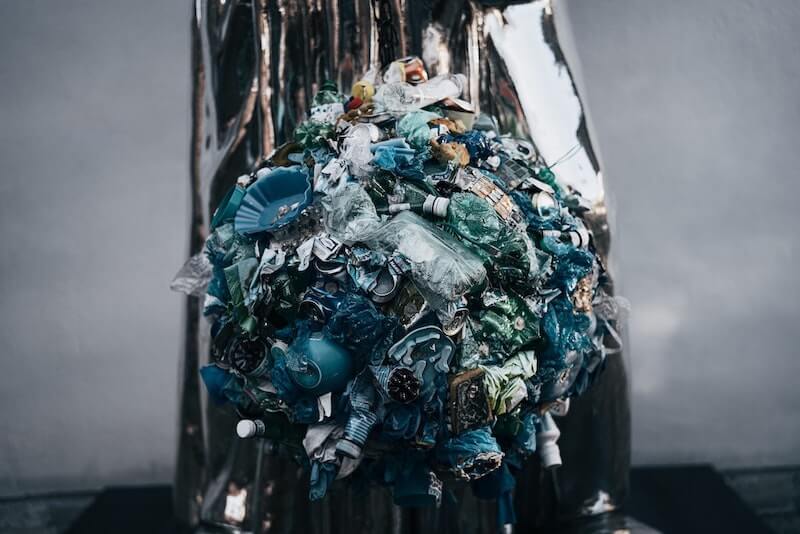The Recycled Content Bill: Immediate Call to Action
by Keyonna Murray
A recent surge of startling environmental trends which include an influx of extreme weather incidents have resulted in increased concern in regards to climate change. An issue that has historically been relegated to being the burden of the future is being newly prioritized in social and governmental discourse like never before. Reversing the adverse effects of climate change is something that requires consistent, concentrated efforts, as well as a commitment from dedicated advocates to challenge their representatives and communities to continue fighting for the cause. A recent proposal, entitled the Recycled Content Bill or S2515/A4676, could be an especially progressive next step in reducing the carbon footprint of the state of New Jersey. Despite this, there is only a small window of time before such an opportunity may be lost.
More Reading: Top 6 Bills Targeting Environmental Issues
The Recycled Content Bill is described by the New Jersey legislature as “An act concerning the use of post consumer recycled content in certain containers and packaging products and supplementing Title 13 of the Revised Statutes.”
The bill suggests policies surrounding the percentage of recycled content in products, as well as a timeline for implementation and results. The document discusses guidelines designed for plastic products as well as those that are made from other materials, such as glass. Sierra Club representative Anjuli Ramos-Busot summarized the bill in a statement made for InsiderNJ.
“‘The main objective of the plastic content recycling bill is to reduce the production of virgin plastic, increase the use of recycled content, enhance the recycled plastics market and ultimately reduce the carbon footprint of packaging,’” he said.
Despite a positive reception from the State Senate and Assembly, Governor Murphy’s signature is the only way that this bill will be enacted.
If no action is taken in the seven business days between the recent conclusion of the legislative session and the deadline for approval, then the policy is considered to be “pocket vetoed.” Essentially, this means that inaction would be treated as a rejection of the bill itself. A key factor in the outcome of the situation now depends on the involvement of advocates. Pushing for a response from Governor Murphy might cause the bill to be addressed directly before the deadline.
Jennifer M. Coffey, the Executive Director of The Association of New Jersey Environmental Commissions (ANJEC), recently sent a couple of emails regarding the status of the bill. In them, she talked about its purpose, the logistics, and some related concerns. This included a mention of pushback from producers of plastic.
“We are hearing that plastic industry representatives are lobbying the Governor to weaken these standards to make it easier for them to pollute and increase greenhouse gas emissions,” she wrote.

Policies like this one are significant in that they outline quantifiable methods for fostering tangible and sustainable change.
This is a way for New Jersey to truly play its part in reducing harm to the environment. In this case, a pocket veto is a step in the wrong direction. It is the job of informed citizens to keep pressing for the formal enactment of this important piece of legislation.
Fortunately, New Jersey citizens can get involved.
A great place to start is contacting Governor Murphy by phone or email. The Lesniak Institute has created an easy to use guide for anyone to take action at LesniakInstitute.org/recycle.
The Recycled Content Bill is hopefully one of many future laws that will lead to the slow erosion of climate change’s lasting effects, as well as the general passivity surrounding the future of the planet. One way to guarantee both immediate and continuous support of such policies is to keep reiterating their importance not just amongst legislators and our governor, but for all New Jersey residents.
About The Author: Keyonna Murray is a Public Relations major and Sociology minor at Rider University who is passionate about all issues related to effective advocacy. She is currently channeling her abilities in writing and activism into her position as a Legislative Intern with the Lesniak Institute.
Tags In
Categories
More Stories
- Inspiring Change: A Step-By-Step Guide to A Campus Activism Event
- Advocacy Through Social Media: Extending Beyond Your Platform
- Unwrapping the Future: The Growth of Plastic Film Recycling
- My Visit To The State House in Trenton
- Lost Childhoods: Exposing the Triad of Illegal Immigration, Child exploitation, and Abuse
- The Realities of The Homeless Crisis
- WHO RUNS THE WORLD: Women Who Advocate for Diversity, Equity, and Inclusion


